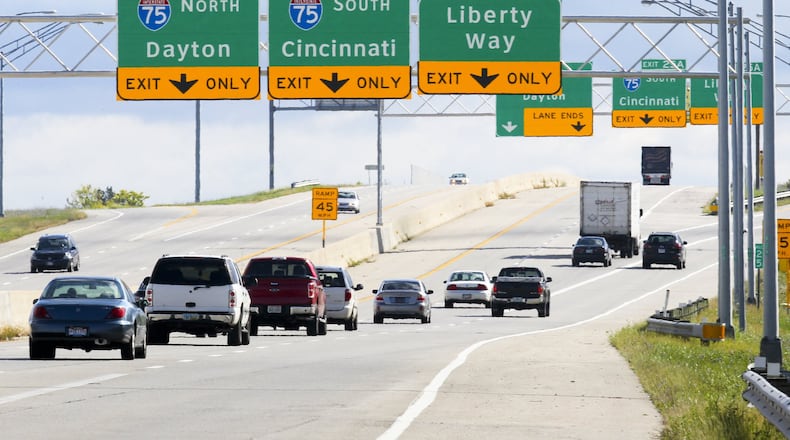The commissioners agreed to pay it at their regular meeting Monday because the project is already under construction, but complained that the hospital will benefit greatly from the project and typically land is donated not purchased on major roadway improvements.
Commissioner Don Dixon said things would have been different had the commissioners been involved in the negotiation.
“Speaking on behalf of myself I would have been a no vote on that, either they contribute the right-of-way and we build the road for them for nothing, or we build the road in a different direction,” Dixon said. “That’s really hard on taxpayers to ask them to do something like that.”
After the regular meeting the commissioners had their budget hearing with Wilkens and peppered him with questions.
“Isn’t that about the first time that we did a major road improvement and people not only got it free, but they got a check for $2.5 million,” Commissioner T.C. Rogers asked Wilkens.
Wilkens said this was an unusually large and valuable right-of-way parcel and whatever benefit the hospital might receive from the road improvements can’t factor into the price.
“I hear you, I speak to that everyday,” Wilkens said. “Every road project we do I’m going to tell you 90% of the time the owners benefit. But that is not in the equation for what we pay.”
The interchange modification is not the only piece of this project, there are other improvements around the hospital. The new interchange design will take Ohio 129 over to a new roundabout at Cox Road; Veterans Boulevard will be extended and improved with two new roundabouts and Liberty Way will be widened. The total cost of all the work is estimated at $32.5 million.
Wilkens said because federal money is involved — he obtained $11.6 million in federal money — there are rules.
“We’re going to do a public improvement and federal law dictates, look if you’re purchasing ground here’s the deal, you write the check, you offer them the check if they say no I’ll take that as a donation that’s okay,” Wilkens said. “But you’re going to give them the check and tell them you’re entitled to it.”
He told the Journal-News the hospital could have haggled over the price but appraisers valued the property and “Christ didn’t ask for any more, they took it as valued.”
Dixon told the Journal-News the hospital isn’t being a very good neighbor, especially since it is a non-profit and therefore doesn’t property taxes to help pay for government services.
“It just makes sense to me that at least we shouldn’t have to buy the ground to build them a new road,” Dixon said. “That’s just the bottom line, you shouldn’t have to pay them for the ground to build them a new road that makes their operation a lot better.”
The Journal-News reached out to Christ Hospital several times for comment and officials did not respond.
The project is kind of a sore subject all the way around. It rankles officials here that a change is even necessary, since the interchange is barely a decade old — the $40 million interchange which was paid 100% with local funds — opened in October 2009. When the interchange was first imagined the design being built now was preferred by locals, but rejected by the state because it terminates into a local road.
About the Author

